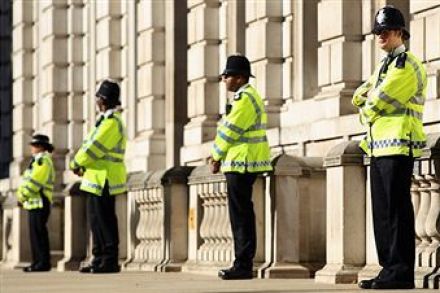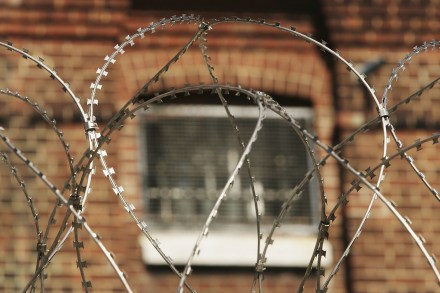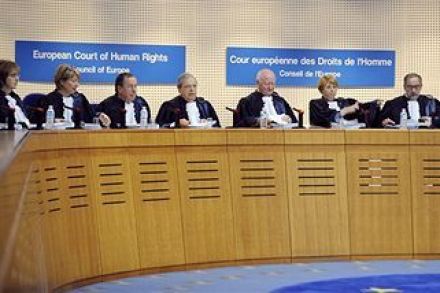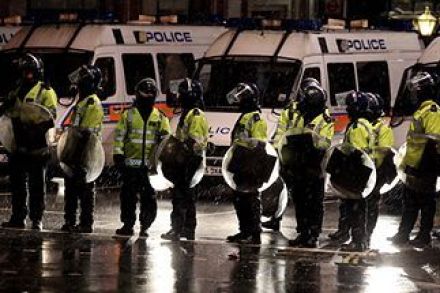Winsor — the outsider
In nominating the lawyer and former rail regulator Tom Winsor as her choice to be the next chief inspector of constabulary, the home secretary has stoked more discontent among the ranks of the Police Federation. Not only is he the first non-police officer ever to be nominated to the role, but he is also the












